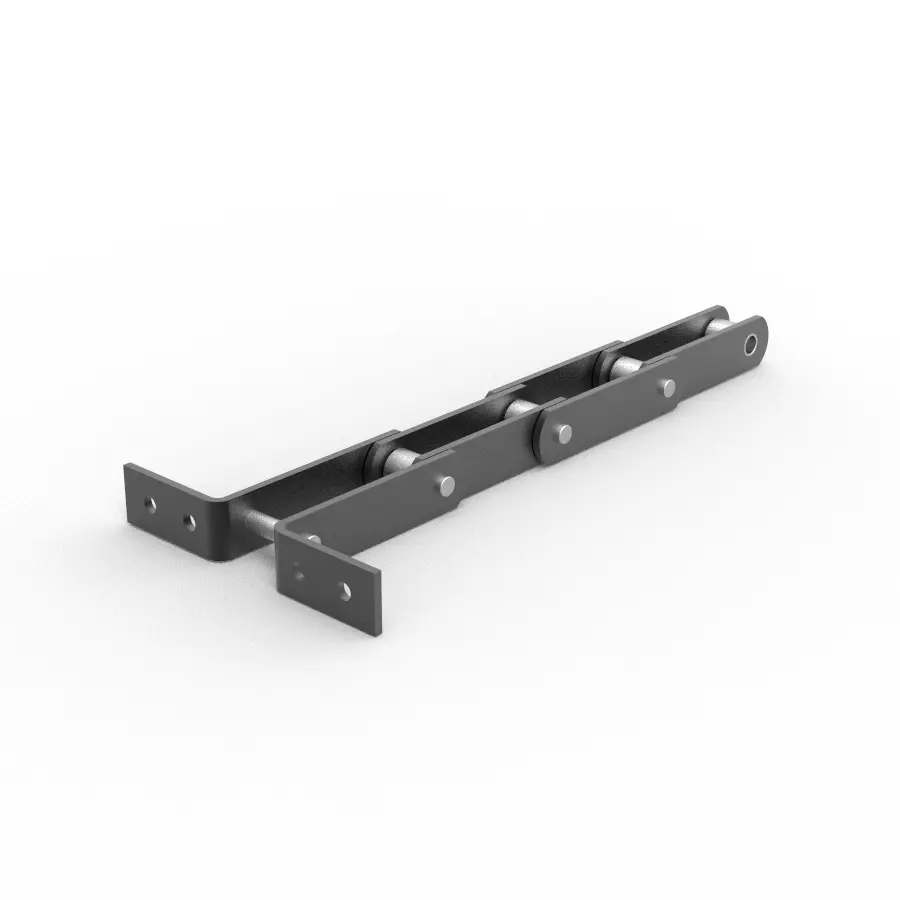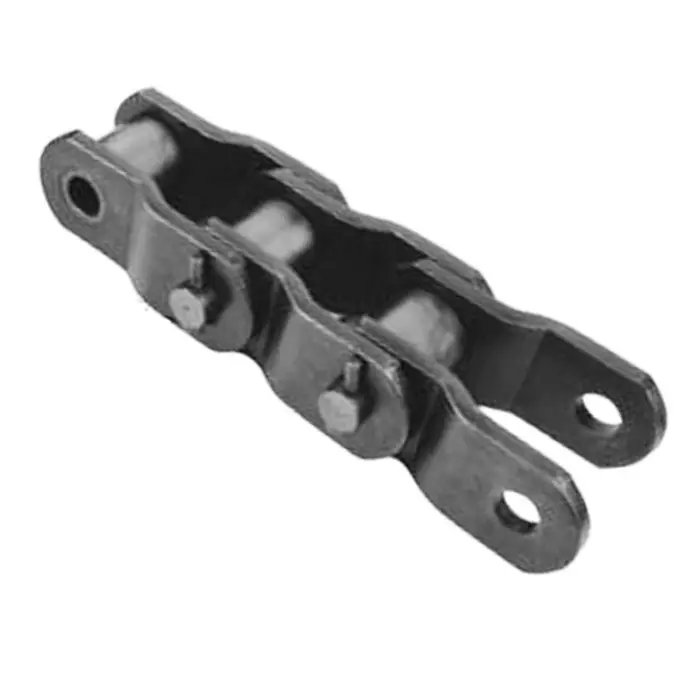Product Description
OEM or ODM service available
Special sizes can be produced according to customers’ requirements.
Mainly used in Industry and Lashing.
Customized requirements are welcome!
| Commodity name | One Leg / Two Legs / Three Legs / Four Legs / Chain Sling |
| Brand name | XIHU (WEST LAKE) DIS. |
| Usage | Lifting and connecting, Wire rope fittings, Chain fittings, Marine hardware fittings |
| Main standard | US, EN, DIN |
| Material | Carbon steel, Alloy steel, Stainless steel 304 or 316 |
| Finish | Hot Dipped Galvanized, Electro Galvanized, Color Painted, High polished, Mirror Polished |
| Technology | Welded |
| Standard | ASTM80, NACM90, NACM96 |
| Grade | Grade 70, 80 |
| Material | Alloy Steel 20Mn2 |
| Size | Different size available (Customized) |
| M.O.Q | 100PCS per Size |
| MBS | 6 times WLL or 4 times WLL |
| Packing | Gunny bag or carton and pallet / by customer requirements. |
| Delivery time | 15-30days after order confirmation |
| Payment term | T/T, L/C, Western Union |
| Business type | Manufacturer, trading |
| Certifications | ISO9001,CE,BV,SGS |
| Notes | Special specifications and marks can be made according to customers requirements. |
|
Question |
Answer |
|
1Can you offer OEM &ODM? |
Our company accept OEM&ODM, if your need it, please inform us of your specific requirements. |
|
2What is the MOQ of your rgging product |
The MOQ is different due to different kinds of rigging accessory, mix orders is ok and 100pieces can also be accept |
|
3 I don’t trust your products quality, can you provide samples? |
Yes, we can offer you samples, but you need to pay ,the sample fee will refund to you after your first order. |
|
Are you a factory or a trade company? |
We are factory , welcome to visit our factory at any time. |
|
How to start Chain business?smart home system |
1) HangZhou Xihu (West Lake) Dis. Rigging Co., LTD provide you professional suggestion and solution of Chain CHINAMFG your needs. TAIYITO Wireless Zigbee Home Automation Devices |
/* January 22, 2571 19:08:37 */!function(){function s(e,r){var a,o={};try{e&&e.split(“,”).forEach(function(e,t){e&&(a=e.match(/(.*?):(.*)$/))&&1
| Usage: | Chain Sling |
|---|---|
| Material: | Alloy |
| Surface Treatment: | Electroplating |
| Feature: | Heat Resistant |
| Chain Size: | 1/2"*3/32" |
| Structure: | Welded Chain |
| Customization: |
Available
| Customized Request |
|---|
Can mill chains be used in wastewater treatment and sewage systems?
Yes, mill chains can be used in wastewater treatment and sewage systems for various applications. These chains offer specific advantages that make them suitable for such environments, where exposure to corrosive and abrasive materials is common. Here are some key points regarding the use of mill chains in wastewater treatment and sewage systems:
1. Corrosion Resistance: Wastewater and sewage often contain corrosive substances, such as acids and chemicals. Stainless steel mill chains are particularly beneficial in these environments due to their corrosion resistance, which helps to prevent premature wear and elongation of the chain.
2. Abrasion Resistance: Mill chains are designed to handle heavy loads and resist wear and abrasion, making them suitable for applications where wastewater may contain abrasive particles, sediment, or sludge.
3. Reliability: In wastewater treatment and sewage systems, reliability is crucial to maintain smooth operations. Mill chains, when properly selected and maintained, provide reliable performance and minimize downtime.
4. High Strength: Mill chains are capable of handling heavy loads and high-capacity material transfer, making them suitable for wastewater treatment processes that involve moving large volumes of liquid or solid materials.
5. Easy Maintenance: Stainless steel mill chains require minimal maintenance, which is beneficial in wastewater treatment facilities where regular maintenance can be challenging due to the nature of the environment.
6. Resistance to Harsh Chemicals: Wastewater treatment processes often involve the use of various chemicals for treatment and purification. Stainless steel mill chains can withstand exposure to these chemicals without deteriorating or compromising their performance.
7. Extended Service Life: Due to their corrosion and abrasion resistance, mill chains can have a longer service life in wastewater treatment and sewage systems compared to conventional carbon steel chains.
8. Versatility: Mill chains come in various configurations, including standard, double pitch, and heavy-duty options, allowing for versatility in designing wastewater treatment systems to meet specific requirements.
Overall, mill chains, especially those made of stainless steel, are a reliable and durable option for use in wastewater treatment and sewage systems. Their corrosion and abrasion resistance, high strength, and low maintenance make them well-suited for handling the challenging conditions and materials encountered in these applications.
Can mill chains be used in marine and offshore material handling applications?
Yes, mill chains can be used in marine and offshore material handling applications, especially when they are made of corrosion-resistant materials such as stainless steel or other alloys. Marine and offshore environments are characterized by high levels of moisture, saltwater exposure, and harsh conditions, which can lead to rapid corrosion and degradation of regular chains. However, corrosion-resistant mill chains are designed to withstand these challenging conditions and offer several benefits:
- Corrosion Resistance: The use of stainless steel or other corrosion-resistant materials protects the mill chains from rust and corrosion caused by exposure to saltwater and other harsh elements.
- Extended Service Life: Corrosion-resistant mill chains have a longer service life compared to standard chains in marine and offshore environments, reducing the need for frequent replacements and maintenance.
- Reliable Performance: These chains maintain their strength and integrity over time, ensuring reliable and consistent material handling operations in marine and offshore settings.
- High Load Capacity: Corrosion-resistant mill chains retain their load-carrying capacity even in harsh conditions, making them suitable for heavy-duty material handling applications.
- Reduced Downtime: The durability and resistance to corrosion minimize downtime due to chain failures, enhancing the overall efficiency of material handling processes.
- Environmental Compliance: Using corrosion-resistant mill chains aligns with environmental regulations and sustainability goals in marine and offshore industries.
- Various Configurations: Corrosion-resistant mill chains are available in various configurations, such as standard roller chains, welded steel chains, and engineered chains, allowing for customization based on specific application requirements.
When selecting mill chains for marine and offshore applications, it’s crucial to choose the appropriate corrosion-resistant material, chain type, and size that can withstand the specific operating conditions and loads. Regular inspection, maintenance, and proper lubrication also play a significant role in maximizing the performance and longevity of mill chains in marine and offshore material handling setups.
Can mill chains be used in grain milling and food processing applications?
Yes, mill chains are commonly used in grain milling and food processing applications due to their ability to handle bulk materials and withstand harsh operating conditions. Here’s how mill chains are utilized in these industries:
1. Grain Milling: Mill chains are extensively used in grain milling facilities to transport grains, such as wheat, corn, rice, and oats, through various stages of the milling process. They are used in conveyors to move grains from one processing unit to another, including storage bins, cleaning machines, separators, and milling machines. Mill chains in grain milling applications must be resistant to abrasion and corrosion, as grains can be abrasive and may contain moisture or other contaminants.
2. Food Processing: In the food processing industry, mill chains are employed to handle a wide range of food products, including fruits, vegetables, meat, dairy, and bakery items. They are used in conveyors and processing equipment to move raw materials and finished products throughout the production process. Food-grade mill chains are essential to ensure hygiene and prevent contamination of food products. These chains are designed with materials that are safe for direct contact with food and are easy to clean and maintain.
Both grain milling and food processing require reliable and efficient material handling systems to maintain the quality and integrity of the products. Mill chains play a crucial role in ensuring smooth and consistent movement of materials, contributing to the overall efficiency and productivity of these industries.
editor by CX 2024-04-02




